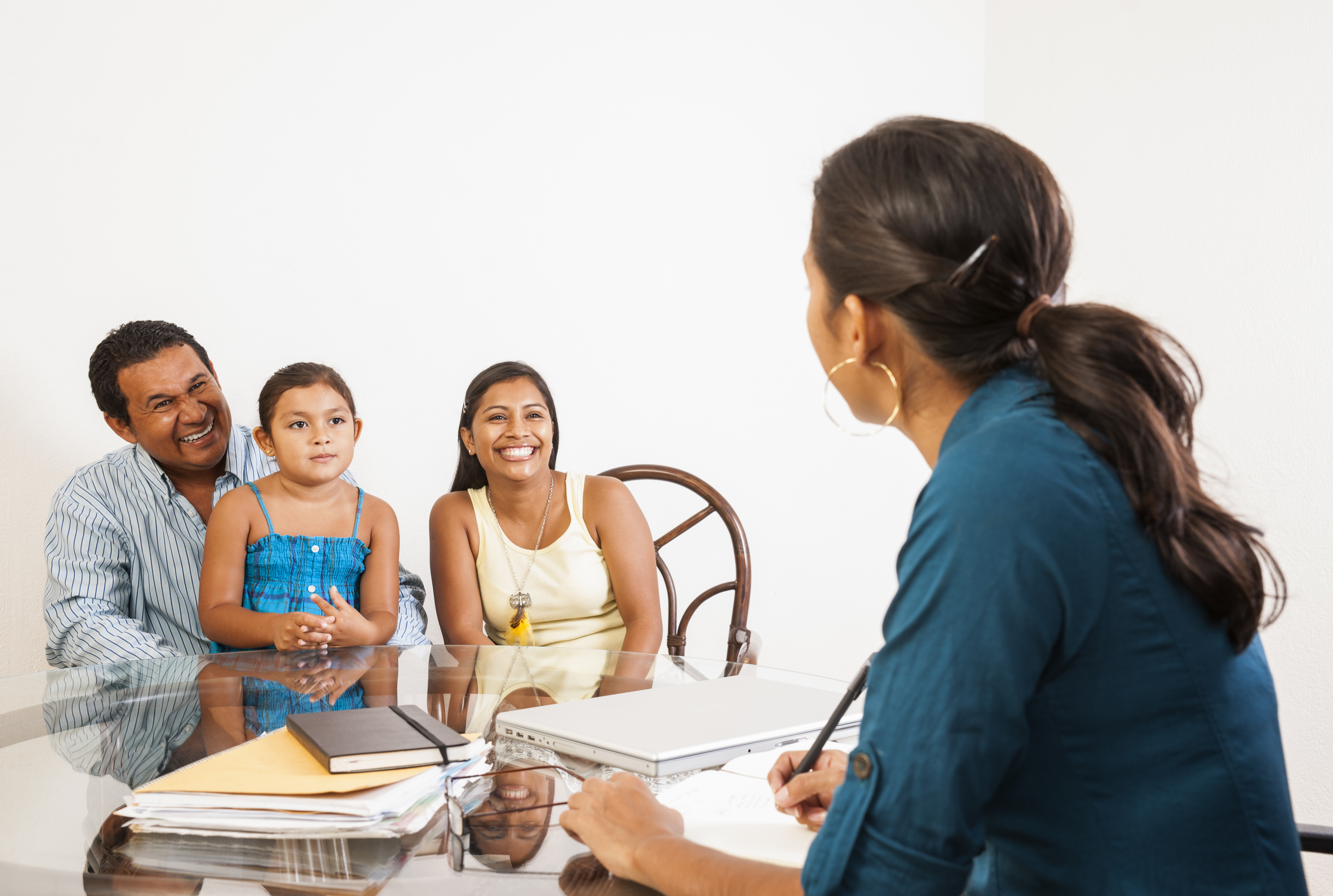Public Health Services Available for Lead-Exposed Children
Services are provided at no cost to the family regardless of income or
insurance status.
As of July 1, 2016, the definition of a case of lead poisoning has changed.
Anyone
from birth up to the age of 21 with one venous BLL ≥ 14.5 mcg/dL; or two
BLLs ≥ 9.5 mcg/dL, the second of which must be venous, is eligible for full case management. Case management
includes home visits and follow-up by both a public health nurse and an
environmental professional.
Public health services will also be offered to all children
who have a blood lead test ≥ 3.5 mcg/dL. These children will receive at a
minimum monitoring and outreach and education, and services may include other
graded responses up to and including public health nursing and environmental
investigation as for cases, as resources allow.
Childhood Lead Poisoning Prevention Services
A–Z Index (by City
or County) of Childhood Lead Poisoning Prevention Programs *
The Childhood Lead Poisoning Prevention Program (CLPPP) provides services to
the community for the purpose of increasing awareness regarding the hazards of
lead exposure, reducing lead exposure, and increasing the number of children
assessed and appropriately blood tested for lead poisoning. The CLPPP program
offers Public Health Nursing (PHN) home visits, environmental home inspections,
and nutritional assessments to families of children who meet the case definition
described above. The CLPPP provides telephone contacts and educational materials
to families of lead-poisoned and lead-exposed children. The CLPPP provides
information and education to the general public, medical providers, and
community-based organizations.
* NOTE: In jurisdictions not currently contracted with the State, the
CLPP Branch provides these services.
The Branch can be reached at:
Childhood Lead Poisoning Prevention Branch
850 Marina Bay Parkway
Building P, Third Floor
Richmond, CA 94804
Phone: 510-620-5600
Fax: 510-620-5656
Public Health Nurses:
- Conduct visits for children with blood lead levels
 meeting the state
case definition
meeting the state
case definition
- Complete a child/family assessment (physical, nutritional, psychosocial, and
environmental).
- Identify and test for possible non-housing lead sources
- Provide ongoing case management, communicating with the family, the provider,
and other agencies, if needed
- Provide health education, monitor lead levels, and encourage medical
follow-up
- Communicate with health care providers and provide referrals when
necessary
Environmental Professionals:
- Conduct environmental home inspections to children with blood lead levels
meeting the full state case definition
- Conduct secondary address investigations, if indicated
- Identify and test for possible housing lead sources such as paint, soil,
dust and water
- Provide recommendations to reduce contact with lead
- Follow up to see that sources of lead are corrected
Public Health Nutritionists (in some jurisdictions):
- Provide nutritional assessments for children with blood lead levels meeting
the full state case definition
- Consult with doctors, nurses, and other professionals regarding nutritional
status of
lead-poisoned children
Health Education Staff (in some jurisdictions):
- Provide information to families regarding possible lead sources, nutrition,
and blood lead testing recommendations.
- Provide health education through presentations and health fairs to the
general public, medical providers and community-based organizations
- Work with families and health care providers